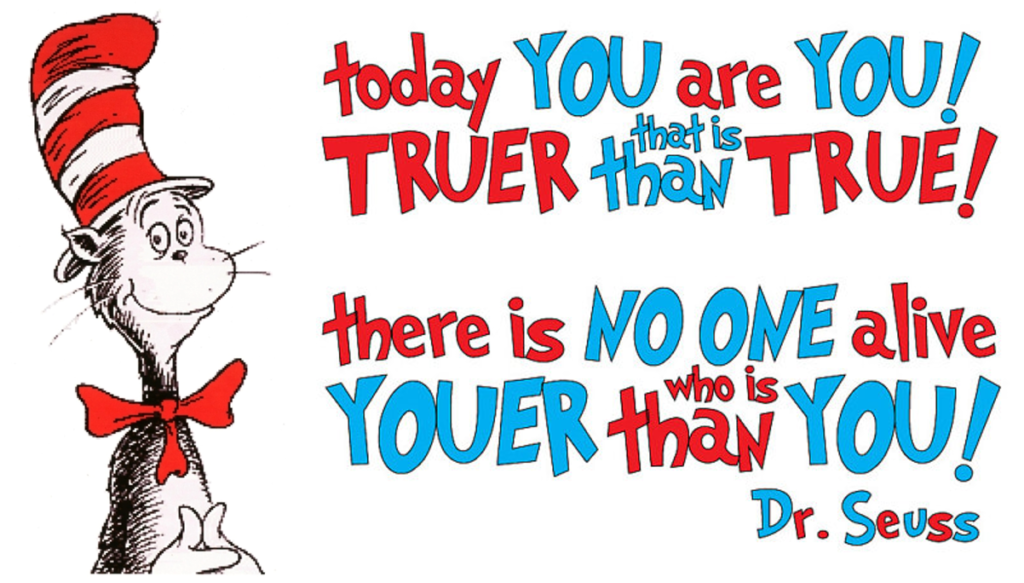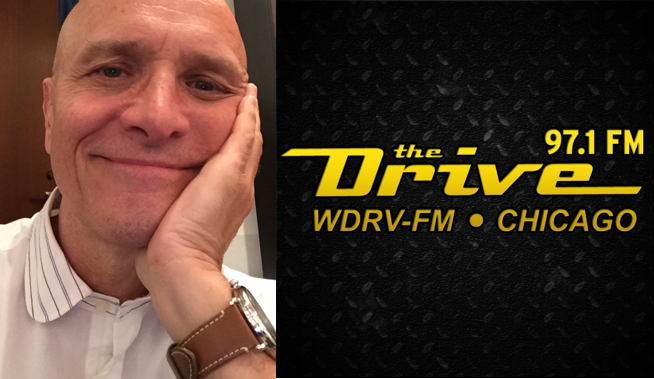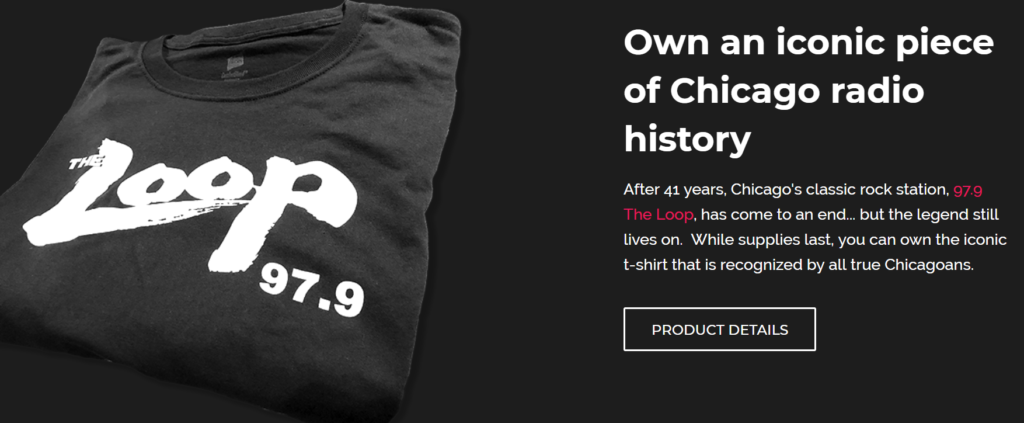
A recent New York Times story confirms a truth that most of us already know:
So-called “Fake News” spreads fast because of people – that is, us. An MIT study discovered that on virtually every topic, false news stories are more apt to be shared on social media than true ones. And it’s not just bots doing the nasty work – it’s people sharing bogus stories.
That’s part of the reason why the other “A-word” keeps coming up again and again as media mavens, content creators, and social experts try to figure out what audiences truly want from brands. Last week, we talked about “attribution” – a chance to provide proof of concept for radio advertising.
Today, it’s another word at the beginning of the alphabet that has equally challenged radio to rethink its “givens” – authenticity.
At a time when Reality TV is anything but, and most question the credibility and trust level of everything they see and hear online and off, the need for greater authenticity (or transparency) has never been greater or more highly valued.
But what is authenticity? Marketers urge brands to “be authentic.” Which is the same as “being real.” But as we know from the media, marketing, and branding all around us, few companies or personalities truly embrace the concept in a meaningful or credible way.
I’m not sure the concept can be tested in a statistical research format. Sure, you could create a 1-5 “authenticity scale,” but you’d miss the colorful ways in which audiences discuss the reasons why certain brands are thought to be authentic while others come off as artificial or even fake.
As William Shakespeare implored us, “To thine own self be true.” A bit less eloquently, Dr. Seuss boiled it down to “Today, you are you. That is truer than true.”
So, as the Who once famously asked “Who are you?” And what does you truly stand for?
Radio brands often struggle with the concept because since time immemorial, most have had the upper hand over the audience. This meant radio stations could communicate with audiences when and how they felt like it. Aside from a complaint being filed with the FCC, many were unafraid to snub or stonewall audiences who complained or asked “Why.”
Today, it just doesn’t work that way. And while you could make the case radio companies are behind the curve when it comes to ‘getting real,” hi-tech companies and even startups often struggle with authenticity and transparency as well.
So, what does it mean to be authentic? Author and marketer Kyle Harper took on that existential question in a recent Skyward article. He caught my attention with this line:
“Some brands place themselves behind glass, keeping their audiences at a distance that allows them to admire, but not tough. It seeks above all to hide the cracks, to put forward its best face at all times.”
Harper wasn’t necessarily talking about radio, but the reference to how stations barricade themselves in the studio, rarely mixing it up with fans, the public, or the community, stood out.
He goes onto list four factors that help define authenticity for brands – all applicable to radio. And I’ll have a recent real-life example at the end of this post.
1. The appearance of exploitation
The question is whether the audience senses you just want them to listen, buy merch, or attend an event OR whether you’re actually having a conversation with them.
Embracing a station’s main offering – rock music, news, sports talk, the pop culture lifestyle – by speaking to their passions is a more authentic way of interacting than simply firing off the same positioning statement 10 times an hour.
2. Consistency matters
Being true to your position trumps timeliness and even relevance, according to Harper. A key is to not come across as opportunistic, but to instead create a content strategy that’s consistent over time.
3, Embrace your cracks
Brand vulnerability can become a strength when companies know how to turn a mistake into a growing experience, rather than trying to mask a problem or create a diversion.
4. Storytelling resonates
Whether it’s your personalities or turning the spotlight on your audience, real stories about connecting with your brand’s essence is part of the bedrock of authenticity. When radio does this well, it brings brands to life, making them tangible to listeners who are inundated with impersonal content.
I was reminded of these authenticity attributes last week when it was announced WLUP in Chicago was being abruptly sold and almost immediately flipped to a Christian music format after 40 years of being an influential and entertaining radio voice in the Windy City.
The audience, the industry, and apparently most staffers at the iconic Loop were caught off-guard. So, was the competition.
These kinds of seismic market shifts come about infrequently in radio, but when they hit, they hit hard. It’s one thing for a station to attempt to regather itself and address its fans at these moments of truth.
It’s another for stations that long competed against The Loop to provide a response, a reaction – something resonant that rings true for a shocked tribe of rockers trying to understand a business decision that on the surface seems irrational and reinforces everyone’s worst attitudes about the radio business.
For all brands, these are moments when you have to make the right call – and make it quickly. And whether a brand has a track record of authenticity goes to the heart of addressing and solving these dilemmas.
So, I was impressed with what Hubbard’s WDRV (The Drive) put  together to acnowledge The Loop’s heritage and its impact – while giving the audience a sincere hug in the process.
together to acnowledge The Loop’s heritage and its impact – while giving the audience a sincere hug in the process.
Bob Stroud, a former Looper, but also one of the most authentic radio personalities you’ll ever meet, was the man who captured the moment. Enjoy a few minutes of hometown authenticity on the radio – something we need more of as we compete against platforms and brands that are anything but.
In contrast, they’re still selling classic Loop shirts on that station’s website for the low, low price of just $20. Get these collectors items while they’re hot.

Authentic? Exploitative?
You decide.
Full disclosure: WDRV is a Jacobs Media client – and one that I’m especially proud of.
- What To Do If Your Radio Station Goes Through A Midlife Crisis - April 25, 2025
- A 2020 Lesson?It Could All Be Gone In A Flash - April 24, 2025
- How AI Can Give Radio Personalities More…PERSONALITY - April 23, 2025




Thank you for sharing this thought provoking blog. If I may offer some constructive feedback – there were so many spelling errors throughout the blog to the point it became distracting. Reading an article about authenticity and finding the word itself spelled wrong seemed to be counter-productive. Just thought you’d appreciate the attention to detail.
I will correct them and appreciate the heads-up.
Let’s Hear It For The Real Deal! Local Passion. Audience Connection. Presentation with Feeling & Surprise. Excellent Info-Statement by Bob Stroud. Won’t it be great to offer commentary, change and compassion going the other way! Stop the Stale and Deliver the Sale.
Appreciate it, Clark.
If you get a chance try and find Bob Stroud’s close to his special Ten @ 10 from last Friday (3/9) — some of the finest true emotion I have heard in YEARS on the radio — Bob Stroud, the best!~
I know just who to ask! Thanks, David! 🙂
WOW! I’m thinking how counter-intuitive to the way situations like this were addressed back-in-the-day. I remember stations playing “The Wicked Witch Is Dead” when a format flip happened…. You mentioned vulnerability. In an era, as you spoke earlier of Social Media. Lots of lies, there. People “appearing” to be OK, when in reality, a “Like” or “follow” is in the balance. This clip, sounded like a crafted speech, spoke to the needed comradery in our business. I’m sharing this Ted talk. Fundamentally shifting for me… Enjoy
https://www.youtube.com/watch?v=iCvmsMzlF7o
Great article and I especially loved listening to the Bob Stroud clip. Let’s face it (and accept it), anyone who had a push button set on The Drive, also had one on The Loop. Listeners were certainly talking about it, why shouldn’t we? I don’t know if anyone in L.A. did this when the The Sound’s run came to an end, but if they didn’t, they should have. Nice job, Bob.
Bob’s a classy guy and The Drive is that kind of radio station. In LA, KSWD has weeks to “say goodbye.” And they did a wonderful job working with their long runway. The Loop was a totally different deal. Thanks, David.
True. Good point. And they closed with the Beatles “The End.” Was ever a more perfect song created for such an event?
Nope. Sad day for radio fans. I know it’s as hard for many listeners as the folks who work for these stations.